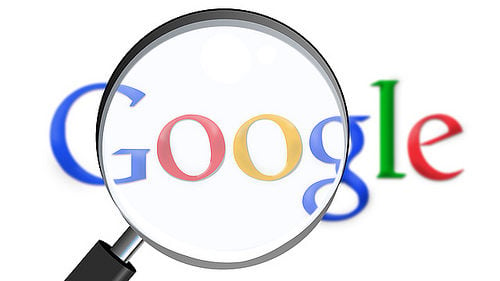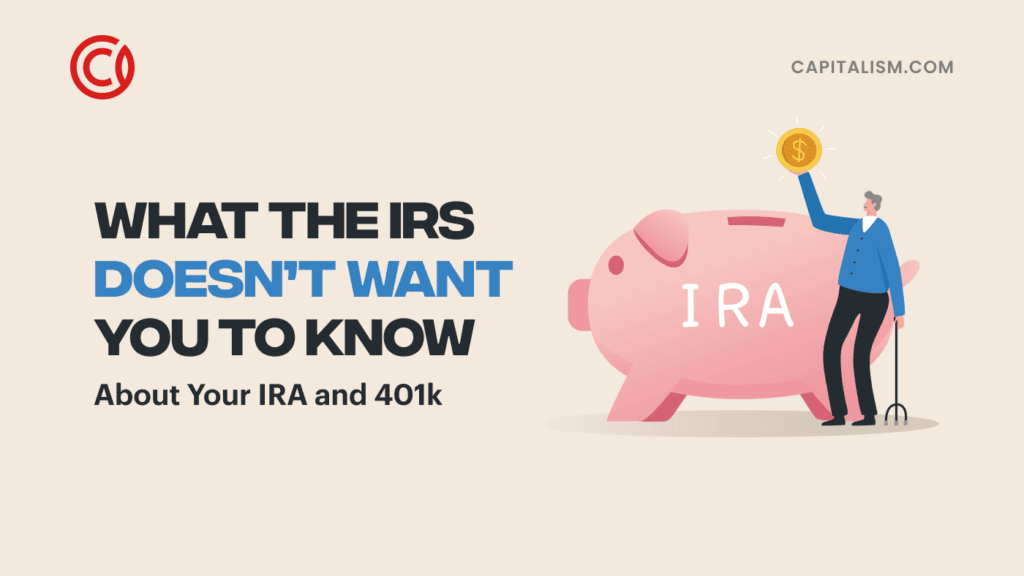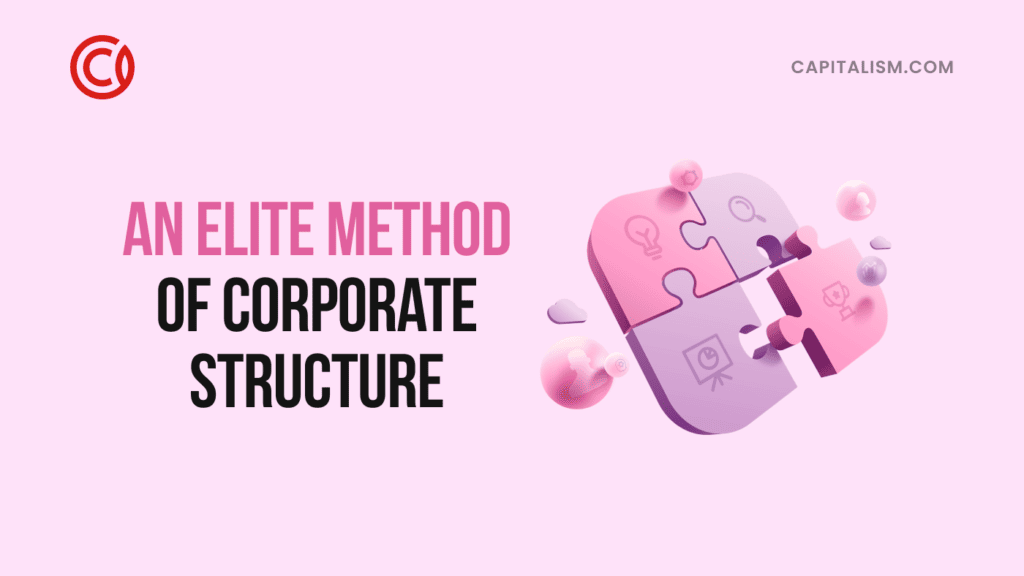With its fine against Google amounting to $2.7 billion due to alleged antitrust violations, the European Commission just created an obstacle for entrepreneurs.
An investigation of the U.S.-based tech giant conducted by the European Union (EU) Competition Commission identified unfair pushing of search engine users toward Google services, specifically Google Shopping, according to an announcement made by Commissioner Margrethe Vestager on Tuesday.
Vestager touted the record-high fine, noting that, “Today's decision is a precedent, a precedent that can be used as a framework to analyse the legality of such conduct.”
In other words, it’s not over yet. The EU isn’t done investigating Google – or other wildly successful businesses for that matter. But Google isn’t going to sit and take it. Google asserts it will appeal the EU ruling.
Despite the presumed legal battle to ensue, the digital nature of Google’s industry should calm any fears of monopolization, according to Frederik Roeder, Managing Director of the Consumer Choice Center.
“Temporary quasi-monopolies such as MySpace are often as quickly disrupted by innovation as they arrive. Antitrust regulation such as fining companies for being successful benefits their less successful competitors more than it does consumers, the latter of which voluntarily choose the better services,” Roeder said.
The EU’s antitrust rules are most pertinent to traditional industries in which geographical location matters – say grocery stores or coffee shops. If an individual only has one such option in a thirty mile radius, chances are there’s a monopoly at force.
The difference with Google? Consumers can go to wherever they want on their internet, and if they so wish, they can even become a digital entrepreneur without much capital.
“The example of MySpace illustrates how quickly dominating players on the digital market can be disrupted by small innovators and easily become obsolete. There are plenty of other market-places such as Amazon or eBay, and in Europe more specifically Idealo or PriceRunner, which consumers can switch to if they don't like Google Shopping” Roeder said.
And Google agrees. Kent Walker, Senior Vice President and General Counsel, said in disagreement with the EU that, "We think our current shopping results are useful and are a much-improved version of the text-only ads we showed a decade ago. ...Thousands of European merchants use these ads to compete with lrger companies like Amazon and eBay."
That’s the narrative the EU regulators aren’t discussing, and it has people questioning the integrity of the decision. So it begs the question, is the EU simply pursuing protectionists policies against highly successful U.S. tech companies? That wouldn’t be good for any online business, since Europe is the world’s second largest market.
“The plaintiffs of this case were not consumers but mainly competitors of Google who are not happy that they have to compete with a highly innovative company. The record fine Google now faces is probably triggered by the EU Commission's unfortunate notion that they are better in shaping the Internet than actual entrepreneurs,” Roeder said.
MORE POLICY ISSUES COVERED ON CAPITALISM.COM
• Government Fail: Spending $38 to Collect $1 of Student Debt
• Restore Internet Freedom Measure would Deregulate the Internet, Spur Economic Growth
• Should a Cake Shop Be Able to Deny Services to Same-Sex Couples?











